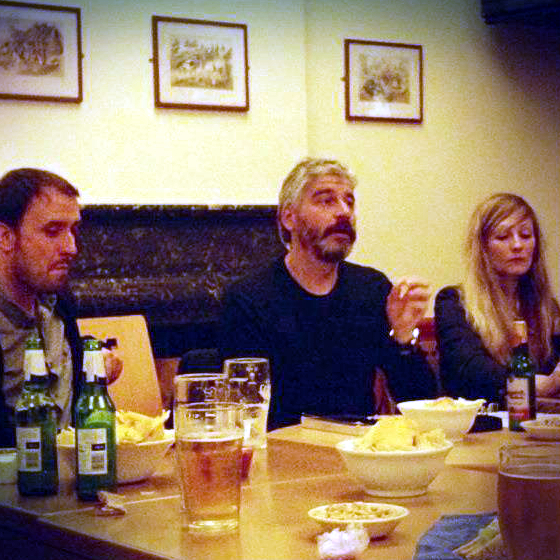
The economist Joan Costa-Font and the professor of European philosophy Simon Glendinning share their views on the future of European integration.
In a context of great social, political and economic challenges, European nations are in the need of improving their coordination by establishing a supranational institutional setting which takes the lead on fiscal and political matters. This argument, put forward by Dr. Costa-Font, has numerous detractors. Simon Glendinning, professor of European philosophy in the European Institute at the London School of Economics, is one of them. He argues that the United States of Europe, with the consequent loss of sovereignty would represent the end of freedom, and therefore, it can never be the will of the nation. But, what do we mean by “the will of the nation”? Joan Costa-Font argues that most of the times, the will of the nation is the will of the elites. Therefore, in the end, the steps towards a federation is nothing more than transferring some powers held by national elites to supranational elites.
The latter would be subject to more competition amongst them and therefore would be much more difficult to be captured by interests groups. And, after all, according to Joan Costa-Font, we are already in a federation, although an incomplete one (with a single market and single currency). What needs to be done is to complete the federation by establishing a fiscal union, enhancing the European budget and transferring competencies which, for economic reasons (e.g. economies of scale) would be better managed at a European level. To address the democratic deficit pointed out by Simon Glendinning, Joan Costa-Font pleads for transnational European elections.
However, do efficiency and social welfare reasons suffice to justify the transfer of national sovereignty towards the EU? Simon Glendinning does not think so. He argues that the debate has to include identity and democracy issues, which are very much linked to nation-states. Despite this empirical link, Joan Costa-Font argues that identity and democracy does not have to be limited to nation-states boundaries,and that they can be enhanced in a supranational setting. Which is, therefore, the solution to the “European question”? The answer is far from simple, and as the two academics point out, economics, politics and philosophy are intertwined in a way which generate more questions than answers.